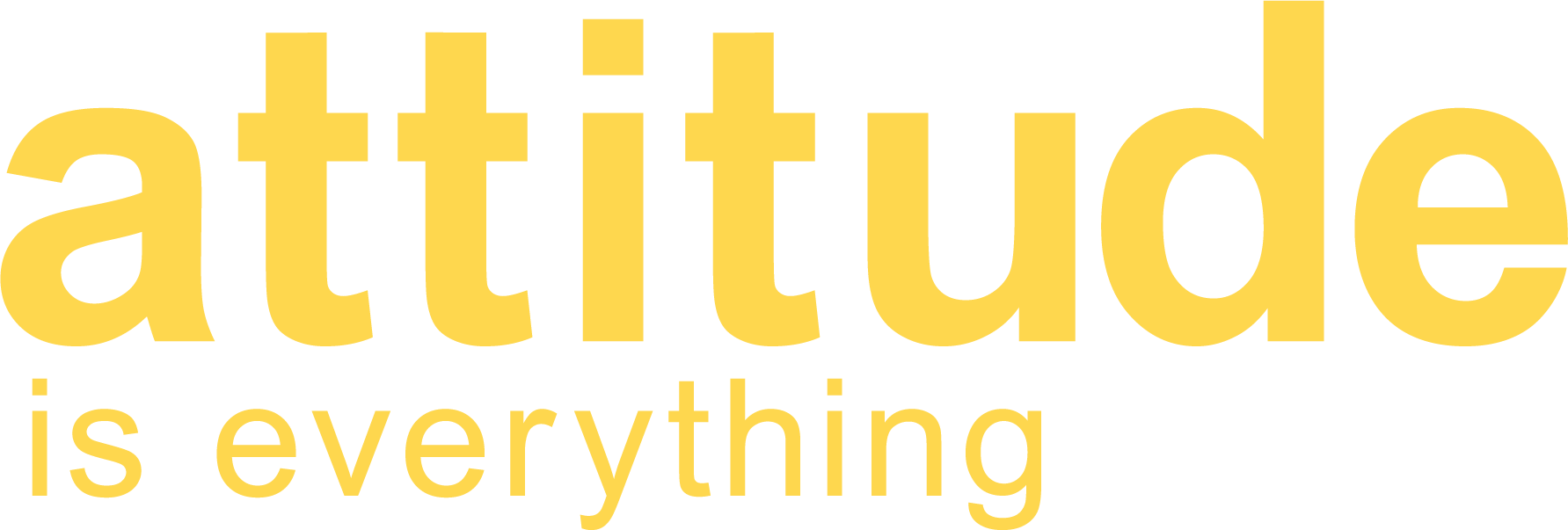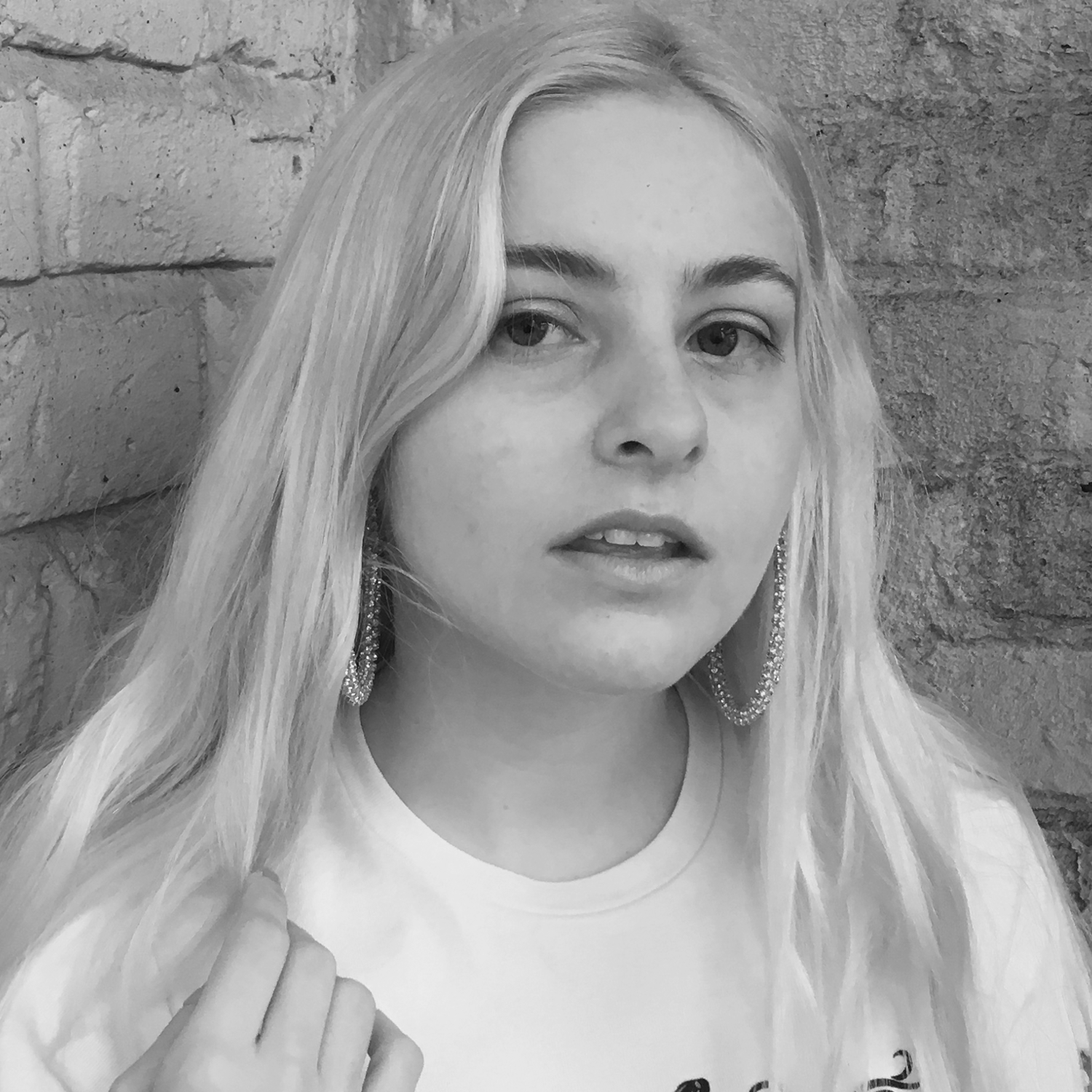Tell us about your music, when did you start making it and what inspires it?
I’ve been making music ever since I can remember, really. I guess I kind of use it a lot to process my thoughts and emotions and make sense of the world around me and my place in it. Musically, I’m a big fan of lots of different artists but I wouldn’t really say my music sounds like any of them in particular, although sometimes people compare me to artists I’ve secretly never listened to. I think it probably sounds like a combination of various things I’ve absorbed creatively over the years.
What impact would you like your music to have on the world?
I actually find that question quite difficult to answer! I’d be very happy if enough people got to hear it for me to make a nice comfortable living. I’m not motivated by fame – the idea of it makes me really anxious. But I do love the feeling of performing to a full crowd! I don’t think everyone’s music necessarily has to have an impact or make any kind of change or difference beyond just being fun or interesting to listen to. My dream scenario, I suppose, is that my music could reach people who’ve been through similar things to me and give them a voice and some validation – let them know that they are very much not alone.
Have you faced any barriers within the music industry?
I think my illnesses give me a unique perspective on some of the unhealthy aspects of the music industry, as I’ve had to keep an eye on the amount of energy I’m using and ensure I am not spending my time in ways that are unhealthy for my brain for many years as a default. I also had lots of therapy when I was younger. What I generally observe is that overworking, exhaustion and burnout are incredibly commonplace and often brushed aside as an accepted and expected element of ‘the job’, to the extent that artists often display guilt and shame for having to cancel commitments for health reasons. I really feel for everyone who is on that hamster wheel of constant touring, recording and promoting.
Because I literally cannot do all of that to the extent of some of my peers, I have always felt at a disadvantage in many ways because for every person like me, there is always someone willing and able (for a time) to put in tremendous amounts of hours. This is something I also experienced in the workplace, before I was a full-time musician.
From a gigging perspective, there are so many things. Sometimes I find the whole experience of a gig absolutely exhausting, because there are rarely any comfortable and quiet places for me to rest up before or after performing and sometimes there aren’t even any seats to sit on for anyone!
On a positive note, my experiences of living with chronic illness have taught me how to build things for myself. If I hadn’t been ill, I probably wouldn’t have been producing and mixing my own stuff, for example, but it has given me both the space and time to make things at my own pace and a skill i’m really proud of.
What improvements would you like to see in the music industry?
I would like to see more prominent voices encouraging and showing artists that it is possible to have a successful career whilst putting your health and wellbeing first. I would like the financial situation for artists to improve, so that there is less need to overwork – perhaps the introduction of some more diverse and inclusive income streams. And for everything to become less London-centric and easier for artists outside of the major label system to access opportunities.
Do you include your disability in your music?
I think that within my music there are themes that are fairly broad and different ways to interpret the lyrics and what not, but obviously because I’m writing from a personal perspective, my chronic illnesses are a huge part of the way I experience the world. So, yes, they are definitely included, though perhaps subtly at times.
Can you tell me about a positive experience you have had with a venue, festival or organisation?
One recent positive experience was with the promoter of my upcoming gig at Dubrek studios in Derby, James Thornhill. He communicated with me clearly and respectfully about my access requirements, and he even offered to try and make sure I didn’t need to talk to too many people before the gig as I find that tires both me and my voice out really quickly and hampers my performance, especially if I’m having to raise my voice in a noisy room. That’s massive! My experience with Attitude is Everything has also been so eye-opening – I have learnt so many things about myself that I couldn’t even begin to list them, and it has really boosted my self confidence and made sense of and validated a lot of past experiences within music and the wider workplace.

